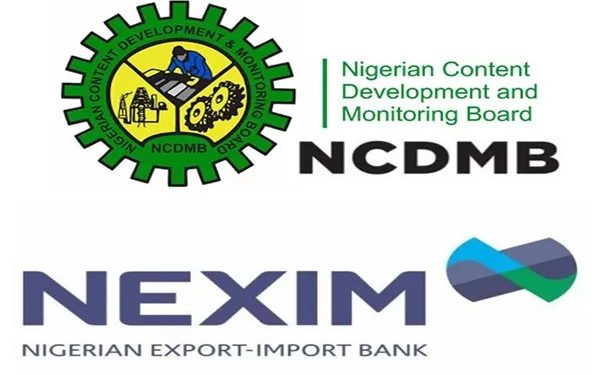The Nigerian Content Development and Monitoring Board (NCDMB), in partnership with the Nigerian Export-Import Bank (NEXIM), has disbursed approximately $42 million to Small and Medium Enterprises (SMEs) to deepen indigenous participation in the oil and gas industry.
This was disclosed in Port Harcourt during the NCDMB Stakeholders’ Sensitisation and Engagement Forum themed “Deepening Local Content through Certification, Compliance and Financing Support.” The event gathered industry players for the unveiling of the NCDMB Compliance Certificate, a key document required for companies operating in Nigeria’s upstream and midstream sectors.
According to the Head of Specialized Business at NEXIM, the Working Capital and Capacity Fund initially set at $30 million was exceeded to meet rising demand from local service providers. He urged Nigerian-owned oil and gas SMEs, especially those servicing International Oil Companies (IOCs) and National Oil Companies (NOCs), to leverage the fund for expansion, international export positioning, and operational capacity.
He explained that the fund offers flexible financing structures, using non-traditional collateral such as receivables and insurance, to ease access for service firms without heavy assets.
Once disbursement conditions are met, beneficiaries receive financing and remain under joint monitoring by NEXIM and NCDMB to ensure proper utilisation. Repayment is essential, he noted, to sustain the revolving fund and expand access to other indigenous businesses.
In his remarks, the Executive Secretary of NCDMB, represented at the event, said the forum serves as a platform to address barriers limiting local players and to promote broader industrial participation among Nigerian entrepreneurs.
Adding to this, a representative from the Bank of Industry (BoI) provided an update on the Nigerian Content Intervention Fund (NCI Fund), which has grown from ₦200 million in 2017 to ₦300 million as at 2023. He stressed that only companies contributing the mandatory one percent Nigerian Content Development (NCD) levy from contract earnings are eligible for these facilities.
The BoI official also highlighted five distinct financing windows under the NCI Fund, including community financing developed in partnership with commercial banks such as FCMB. This segment, targeted at grassroots and small local enterprises, offers up to ₦100 million per beneficiary with a three to six-month moratorium and minimal collateral requirements primarily contract-based security via Irrevocable Standing Payment Orders (ISPOs).
Additional offerings include:
- Contract financing with a single obligor limit of $5 million
- Refinancing facilities capped at $10 million
- Programmes tailored to create employment, support indigenous contractors, and enable SMEs to compete alongside established international firms
Industry stakeholders say these funds could unlock a new generation of Nigerian-owned oil and gas service companies, especially those seeking to scale fabrication, logistics, marine services, and engineering support across the energy value chain.
For African MSMEs observing Nigeria’s model, the initiative signals how local content financing can stimulate industrial growth, increase employment, and reduce foreign dominance in strategic sectors like energy.










